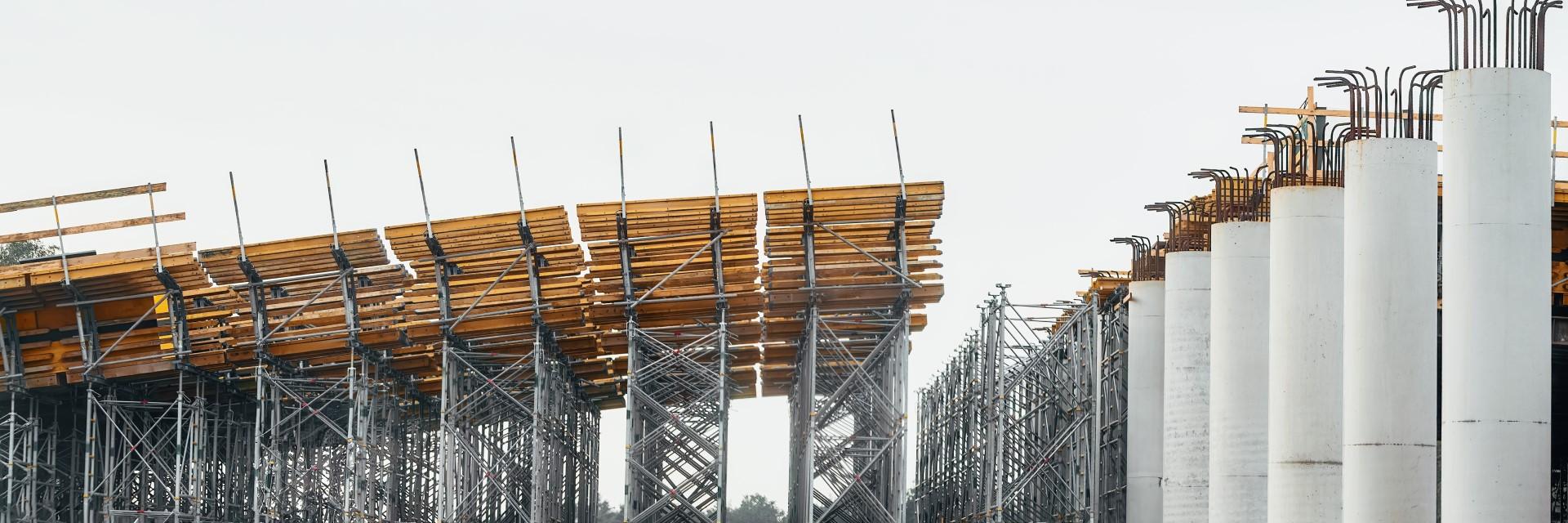Addis Ababa, 28 August 2024 (ECA) - The Steering Committee for the Program for Infrastructure Development in Africa (PIDA) convened its second annual session in Addis Ababa on 28 August 2024. The committee addressed key challenges and formulated strategies to enhance coordination and fast-track the implementation of critical projects, which are vital for driving Africa’s economic growth and regional integration.
The meeting was jointly organized by the Economic Commission for Africa (ECA), the African Union Commission (AUC), the African Union Development Agency (AUDA-NEPAD), and the African Development Bank (AfDB). It brought together key stakeholders, including Regional Economic Communities (RECs) and international partners like the Deutsche Gesellschaft für Internationale Zusammenarbeit (GIZ).
Their collective efforts aimed at formulating targeted interventions and strategic plans to advance PIDA’s Priority Action Plan 2 (PAP2) and address the challenges faced in implementing these crucial infrastructure projects.
Robert Lisinge, Officer in Charge of the Technology, Innovation, Connectivity, and Infrastructure Division at ECA, emphasized the Commission’s ongoing commitment to support PIDA’s PAP2, stating, “ECA is committed to supporting the implementation of PIDA PAP2 and will continue backing initiatives such as the Single African Air Transport Market and corridor efficiency.”
Mr. Lisinge also pointed out that ECA has “completed the recruitment process of the members of the Administrative Counsel of the Dispute Settlement Mechanism of the Yamoussoukro Decision implemented through the Single African Air Transport Market.”
Kamugisha Kazaura, Director for Infrastructure and Energy at the AUC and Co-chair of the Steering Committee, stressed the importance of mobilizing resources effectively as PIDA enters the latter half of its second phase.
“There is an urgent need for effective resource mobilization, as only half of the second phase of the program's timeline remains and I am therefore advocating for renewed energy and coordinated efforts to resolve ongoing challenges and guarantee that PIDA's transformative objectives are achieved,” said Mr. Kazaura.
Towela Nyirenda-Jere, Head of Infrastructure, Digitalization, and Energy at AUDA-NEPAD, stressed the need for stronger collaboration among stakeholders, including governments, development partners, private sector actors, and financial institutions. She expressed hope that such collaboration would improve ideas, processes, and risk management, thereby enhancing the bankability of PIDA projects.
“These initiatives are crucial for increasing PIDA project bankability, which is critical for funding and investment,” Ms. Nyirenda-Jere stated.
The Steering Committee session was preceded by the PIDA Implementation Support Project (PISP) meeting on 27 August 2024, which reviewed progress on an AfDB-funded initiative aimed at accelerating PIDA’s implementation. Insights from the PISP meeting informed the Steering Committee's discussions and contributed to the formulation of the strategic plans and interventions.
The session also set the stage for the 8th PIDA Week, scheduled for late November 2024, which will further explore infrastructure development and integration across Africa.
About PIDA: The Programme for Infrastructure Development in Africa (PIDA) is a strategic framework designed to address Africa’s infrastructure challenges and drive sustainable economic development across the continent. Established by the African Union, PIDA aims to enhance regional integration and connectivity through the development of key infrastructure projects.
About PIDA PAP2: PIDA Priority Action Plan 2 (PAP2) covers the period from 2021 to 2030 and focuses on implementing high-impact infrastructure projects that are critical for Africa’s economic growth and integration. PAP2 builds on the successes of the first phase, targeting key areas such as transport, energy, and ICT infrastructure, with a goal of fostering regional integration and improving socio-economic outcomes across Africa.
Issued by:
Communications Section
Economic Commission for Africa
PO Box 3001
Addis Ababa
Ethiopia
Tel: +251 11 551 5826
E-mail: eca-info@un.org

